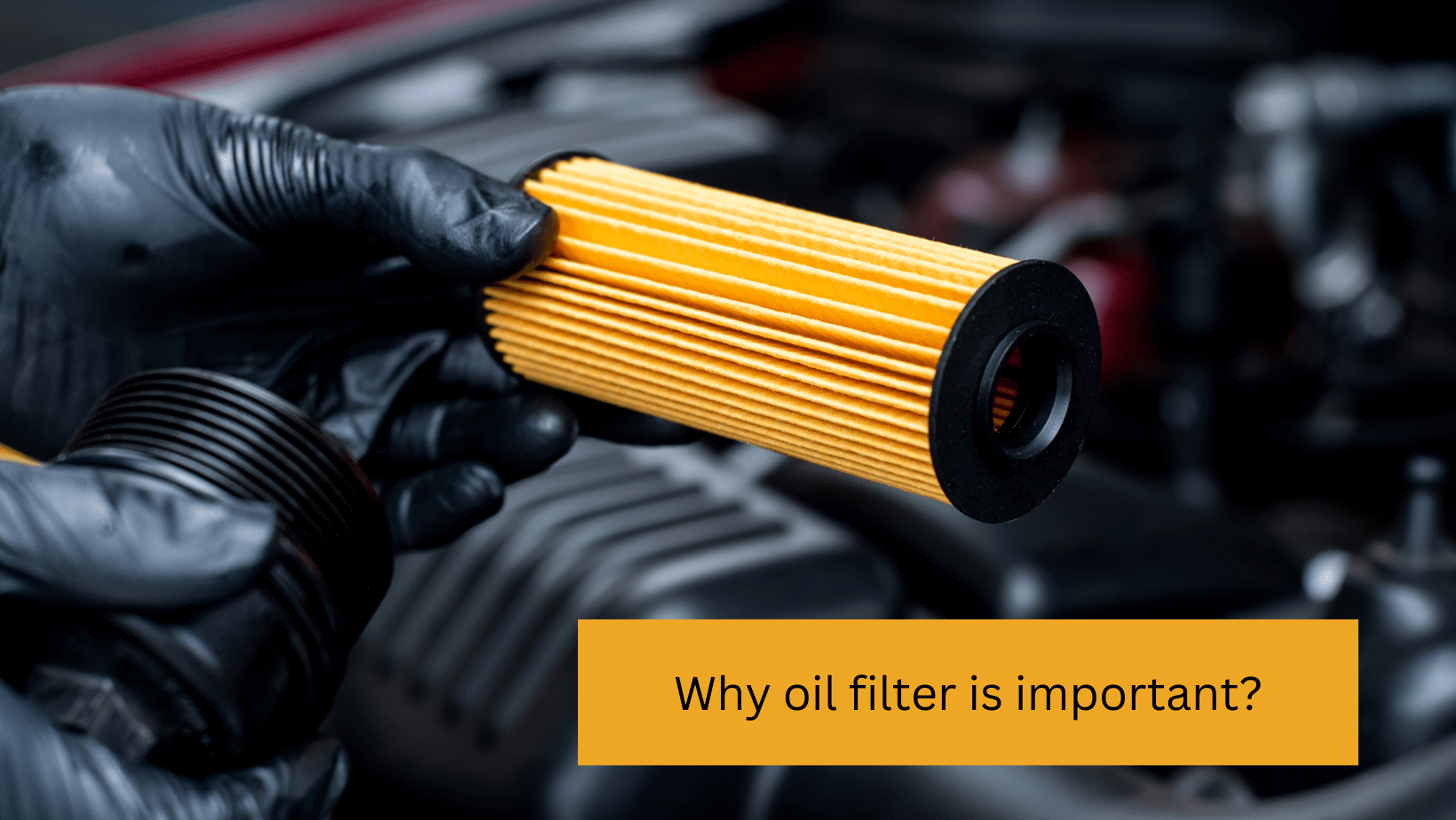The Essential Role of Oil Filters in Car Performance
Understanding the oil filter importance in automotive performance is crucial for maintaining the health and efficiency of your vehicle. Oil filters play a pivotal role in keeping your engine running smoothly, and their impact on car performance is often underestimated.

In the realm of car maintenance, the significance of oil filters is paramount. These filters are the unsung heroes that keep your engine oil clean and free from harmful contaminants. This article delves into the essential role of oil filters in enhancing and maintaining car performance.
Key Takeaways
- Oil Filter Function: Filters out contaminants from engine oil.
- Impact on Engine Health: Prevents wear and tear, extends engine life.
- Maintenance Tips: Regular replacement for optimal performance.
- Choice of Filters: Variety based on vehicle type and usage.
The Function of Oil Filters
Oil filters serve as a critical barrier, trapping dirt, metal shavings, and other contaminants that can harm your engine. By doing so, they ensure that only clean oil circulates through the engine, providing necessary lubrication and reducing wear.
Why Oil Filters Matter
- Prevent Engine Damage: Contaminants can cause significant engine wear and tear.
- Maintain Oil Quality: Ensure the engine oil remains clean, enhancing its effectiveness.
- Improve Performance: Clean oil means better engine performance and fuel efficiency.
When to Change Your Oil Filter
Regular replacement of the oil filter is as important as the oil change itself. Typically, it’s recommended to change the oil filter every time you change the oil. However, specific intervals can vary based on your driving habits and the type of vehicle you own. Understanding the impact of driving habits on oil change intervals can guide you in scheduling maintenance.
Choosing the Right Oil Filter
Selecting the appropriate oil filter for your vehicle is critical. Factors such as driving conditions, climate, and engine type influence this choice. For instance, oil types for cold climates require different filtration needs compared to warmer environments.

Popular filter brands
| Brand Name | Specialty | Ideal for Vehicle Type | Notable Features |
|---|---|---|---|
| Mobil 1 | High Efficiency | Performance & Racing Cars | Advanced synthetic fiber blend for superior filtration, long-lasting performance |
| Bosch | Durability | Passenger Cars & SUVs | Strong steel base plates and housings prevent warpage, leaks, and poor fit |
| K&N | Washable and Reusable | Custom and Performance Cars | Designed to improve engine performance for both street and off-road applications |
| Fram | Wide Availability | General Use Vehicles | Balance of dirt-trapping efficiency and dirt-holding capacity |
| WIX | Heavy Duty | Trucks and Commercial Vehicles | Robust construction for high dirt holding capacity and strength |
| Royal Purple | High Performance Filtration | High-Performance Vehicles | 100% synthetic micro-glass media for superior particle removal |
| ACDelco | OEM Replacement | General Motors Vehicles | Designed to meet rigorous specifications of GM vehicles |
| Mann-Filter | European Car Compatibility | European Vehicles | Optimized for various European makes and models, with high separation efficiency |
| Mahle | Engineered for Protection | Modern Passenger Cars | High dirt holding capacity and low flow resistance for extended service intervals |
| Purolator | Budget-Friendly and Reliable | Wide Range of Vehicles | Affordable without compromising quality, good for standard maintenance |
Impact on Different Vehicle Types
- High Mileage Vehicles: Older engines benefit significantly from high-quality oil filters. Learn more about high-mileage vehicle oil changes.
- Racing Cars: Racing vehicles demand high-performance oil filters. Check out the specific racing car oil requirements.
- Hybrid Vehicles: Hybrid cars have unique oil and filter needs. Discover the essentials of oil change for hybrid vehicles.
- Diesel Engines: Diesel vehicles require specialized filters. Explore diesel engine oil types.
Environmental Considerations
Choosing the right oil filter also has environmental implications. Proper filtration can reduce emissions and enhance fuel efficiency. For more insights, consider reading about environmental considerations in oil change intervals.
Conclusion about oil filter importance
In summary, the importance of oil filters in maintaining your vehicle’s performance cannot be overstated. Regular maintenance, appropriate selection, and timely replacement are key to ensuring your engine runs efficiently and lasts longer.




